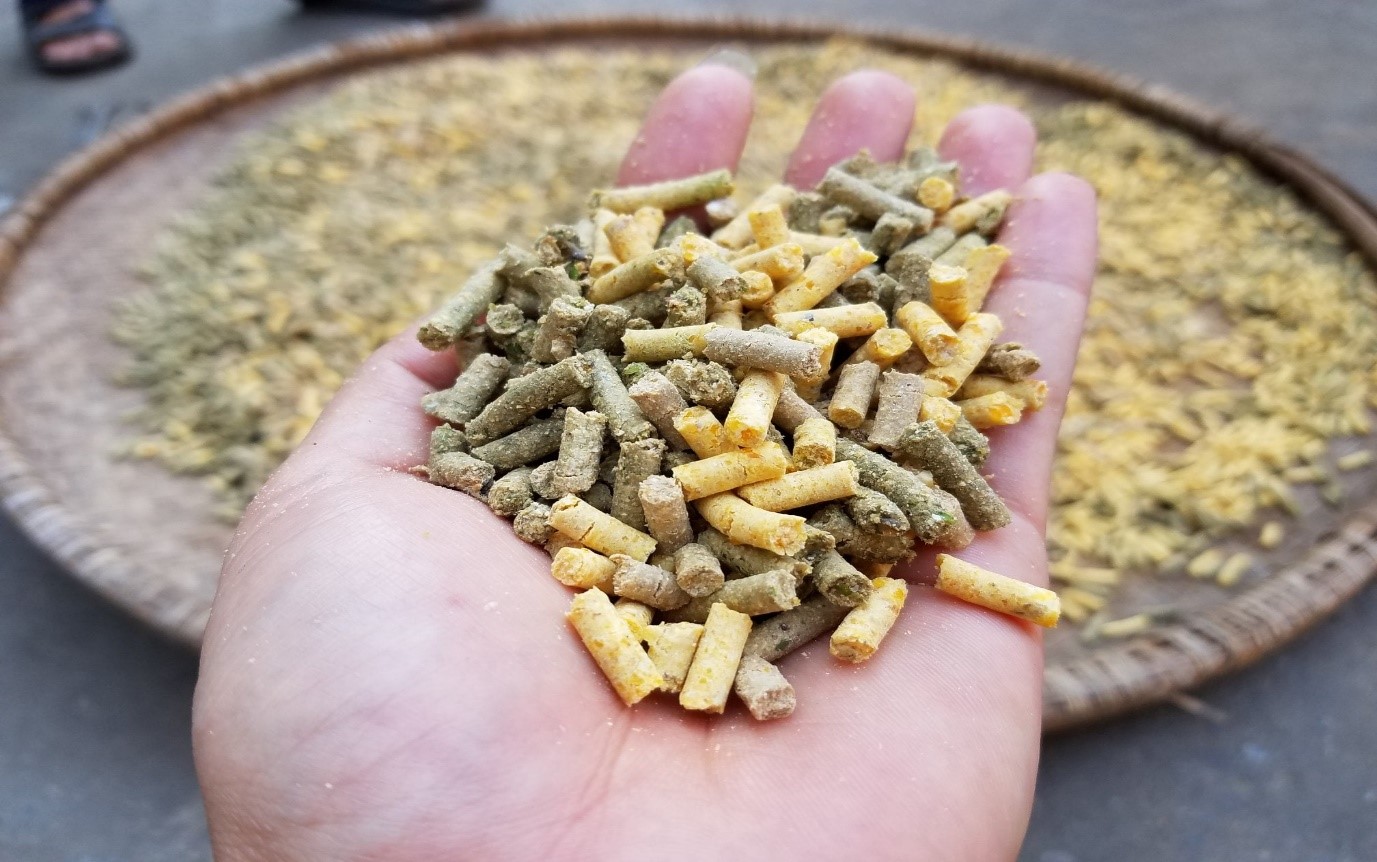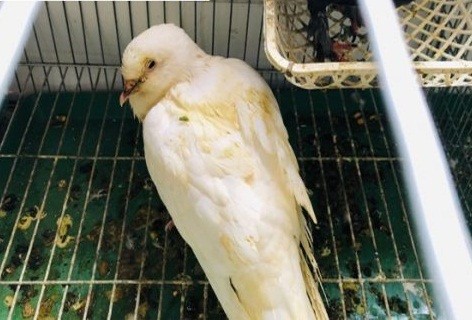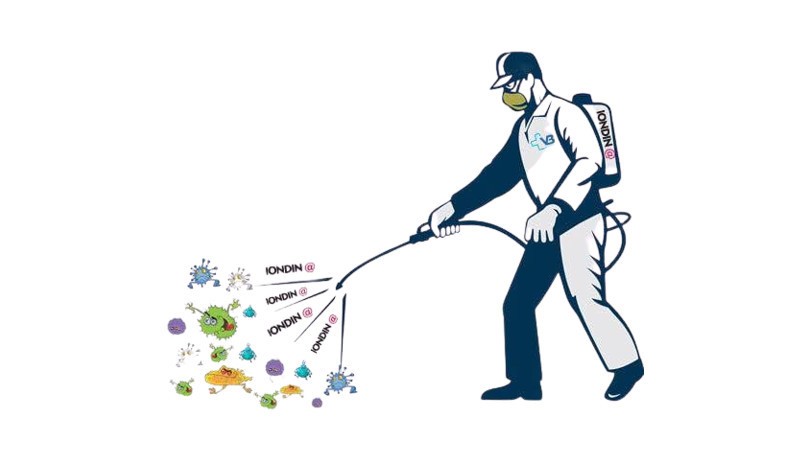Necrotic enteritis is a common disease in poultry, including pigeons. If breeders lack adequate knowledge about treatment methods, the disease can be extremely dangerous. Therefore, effective prevention and treatment of necrotic enteritis in pigeons is essential for timely response and control.
Pigeon farming is no longer unfamiliar to many people, as it may be pursued out of passion, as a hobby, or for commercial purposes. Thus, mastering pigeon husbandry techniques is necessary, especially when dealing with diseases such as necrotic enteritis. In pigeons, this disease severely affects health and economic returns. Hence, information on effective prevention and treatment of necrotic enteritis is crucial for the success of pigeon farming models.
1. CAUSES OF THE DISEASE
Necrotic enteritis in pigeons is caused by a bacterium named Clostridium. This bacterium naturally exists in the intestinal tract of pigeons and multiplies under unfavorable conditions such as contaminated feed, sudden weather changes, high stocking density, dirty and humid environments. These factors allow the bacteria to proliferate, adhere to intestinal villi, cause intestinal hemorrhage, and ultimately necrotic enteritis.

2. TRANSMISSION
– The disease is mainly transmitted via the digestive tract. Pathogenic bacteria exist in contaminated feed or drinking water. When pigeons consume these, they become infected.
– Infected pigeons excrete the bacteria through feces, which may then infect healthy birds through direct or indirect contact.
3. SYMPTOMS
Necrotic enteritis in pigeons manifests in two forms: Acute and Chronic.
a. Acute Form:
– Reduced appetite or anorexia, lethargy, increased water intake.
– Diarrhea with yellowish or whitish feces, later turning reddish-brown with blood.
– Pigeons often lie flat, droop their heads, spread wings, and are unable to fly.

b. Chronic Form:
– Emaciated birds with fluffed feathers and poor appetite.
– Signs of leg paralysis or lameness.
– Intermittent diarrhea.
4. POST-MORTEM LESIONS IN INFECTED PIGEONS
Upon necropsy, the following lesions may be observed:
– Swollen small intestine.
– Mucosal sloughing, intestinal hemorrhage, and necrosis.
– In the large intestine: dark, sticky, and foul-smelling contents.
– Emaciated carcass.
5. PREVENTION METHODS
To prevent necrotic enteritis in pigeons effectively, farmers should disinfect the coop and surrounding areas weekly using DEXON SUPER (Interchemie) or IONDIN@ (VB Pharma). These disinfectants are safe to use in the presence of animals. Ensure to spray the coop floor and droppings tray thoroughly.

Provide clean, safe, digestible feed and water—free of spoilage, mold, or expiration.
Maintain moderate stocking density to ensure well-ventilated and cool housing.
Use BIOFARM (Sao Mai Corp) litter probiotics to control odors and reduce cleaning frequency, minimizing stress for pigeons.
Supplement drinking water or feed with BEECOM WS (Sao Mai Corp) for vitamins and amino acids to enhance health and immunity. Periodically administer COSOLMIX WS (VB Pharma) antibiotics as per manufacturer’s instructions for disease prevention.
6. TREATMENT
When pigeons show signs of necrotic enteritis, immediate actions should be taken:
– Isolate infected birds from the healthy flock to prevent spread.
Follow one of the treatment regimen below:
Regimen 1: Use INTERTRIM 480 ORAL (Interchemie) antibiotic. Combine with CHOCOTIC (Sao Mai Corp) probiotic for gut flora recovery, growth enhancement, and diarrhea reduction. Add GOODBODY (Sao Mai Corp) for vitality and recovery. Add TONICKEY (Sao Mai Corp) to detoxify and support liver-kidney function.
Regimen 2: Use AMPROCOX WS (Interchemie) antibiotic. Combine with HASPRO (Sao Mai Corp) probiotic to restore gut microbiota. Add GOODCARE (Sao Mai Corp) for vitality and support. Add KINETIC (Sao Mai Corp) to detoxify and improve liver-kidney function.
With the above information, pigeon breeders can better understand the severity of necrotic enteritis and apply effective methods to prevent and treat the disease safely.
